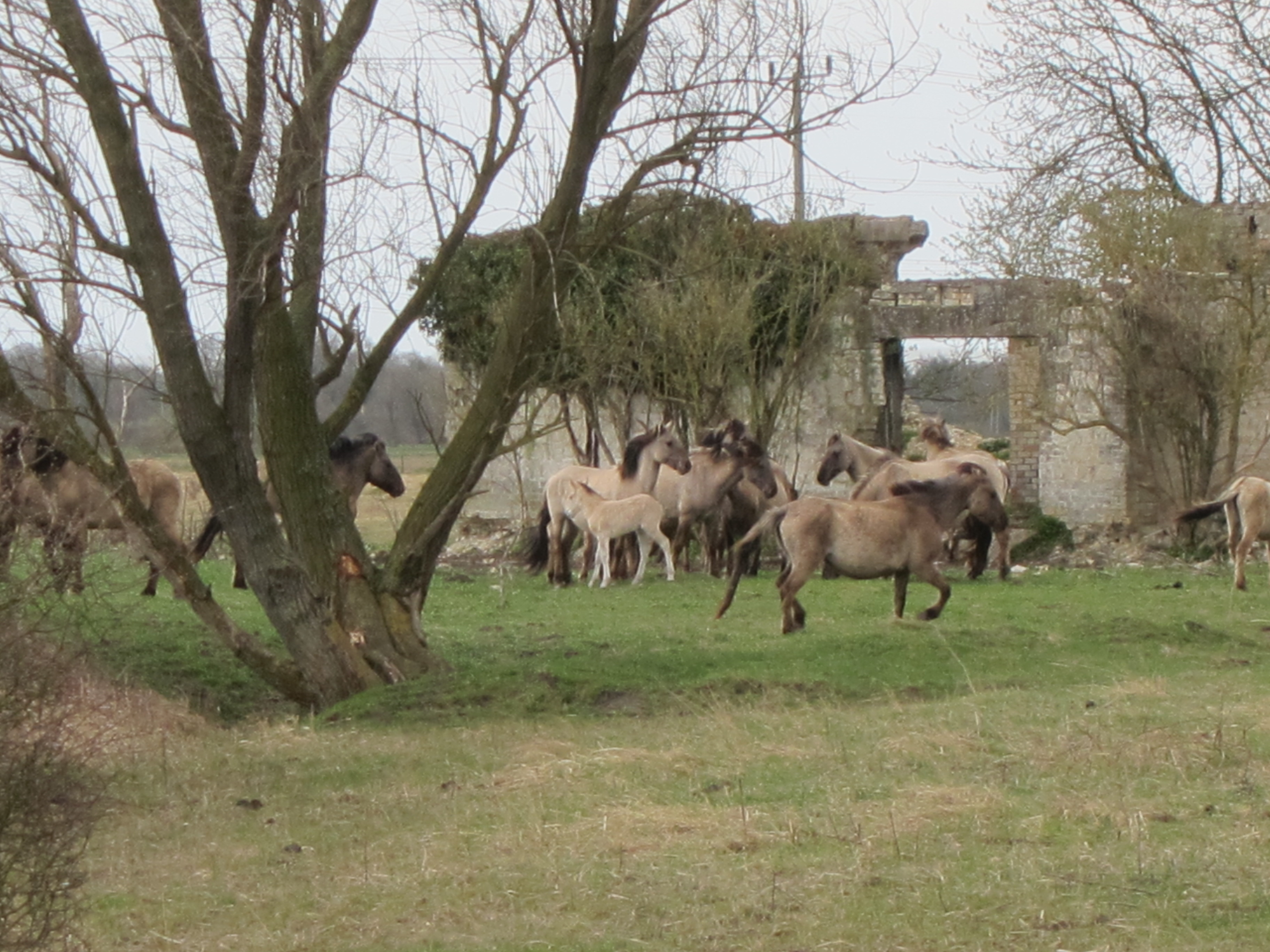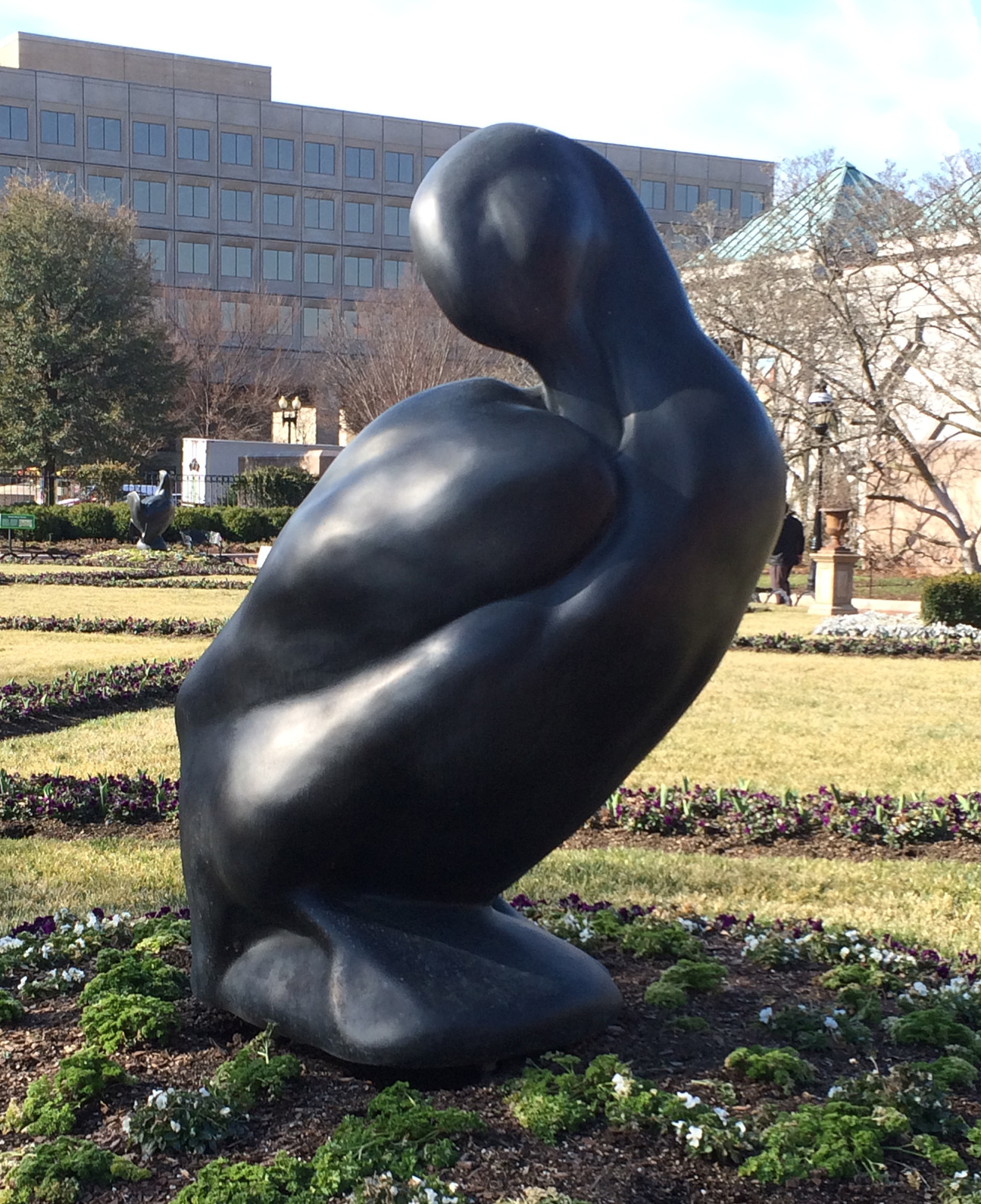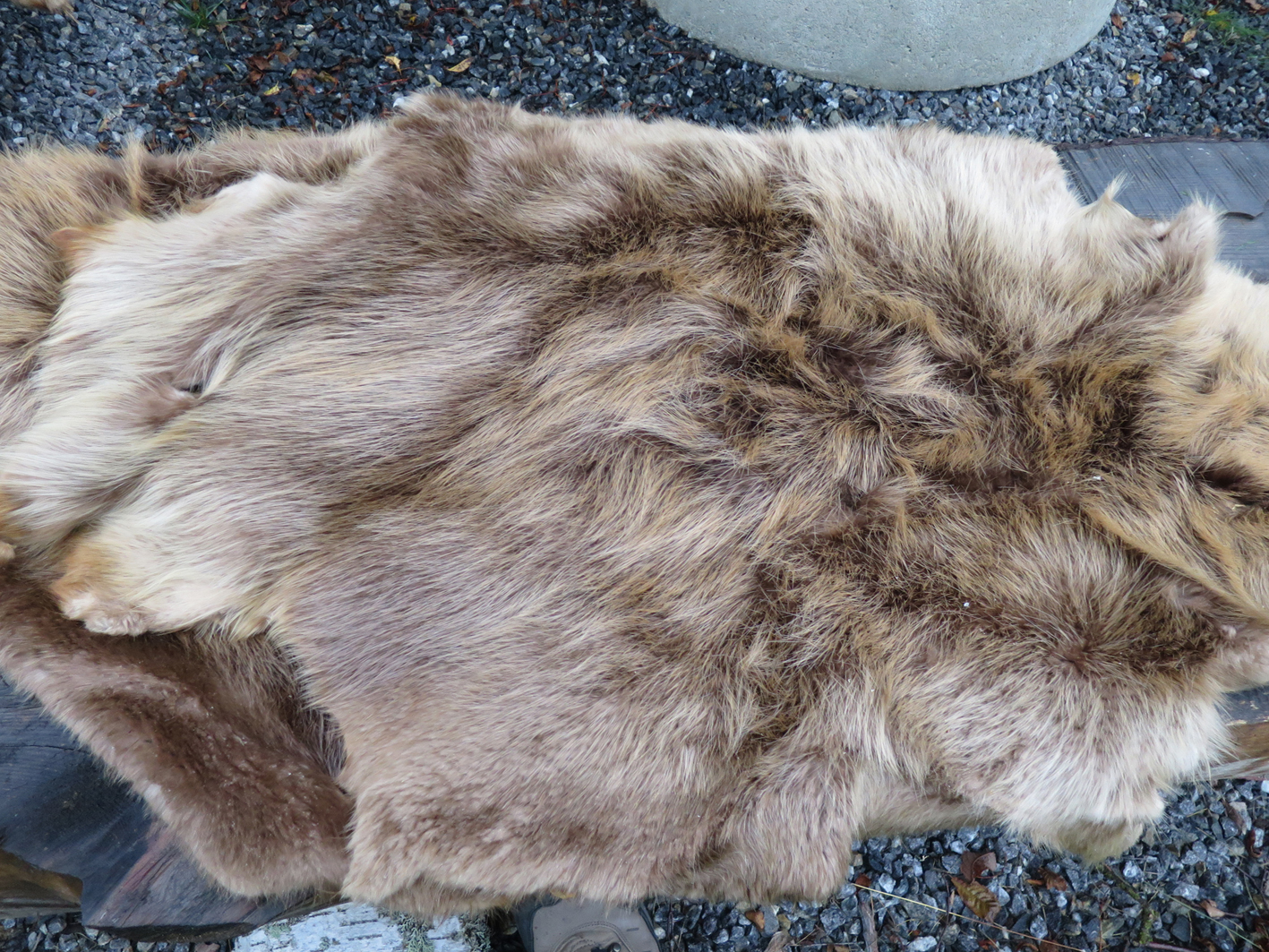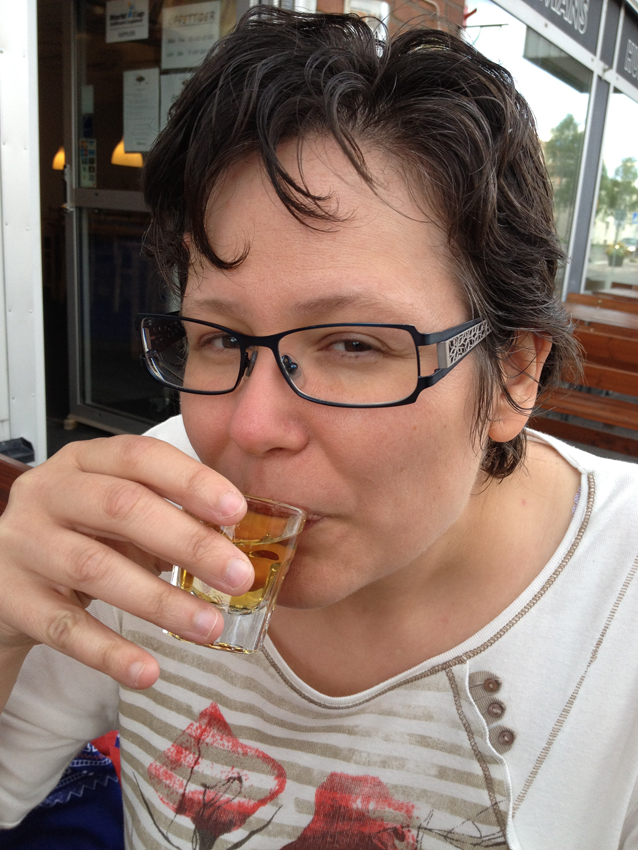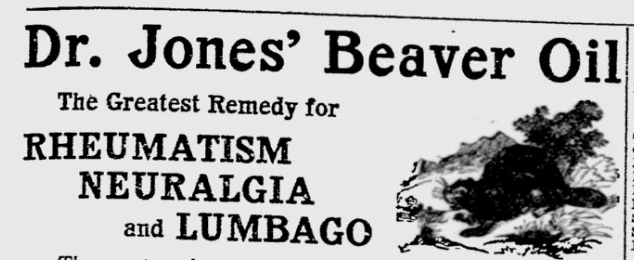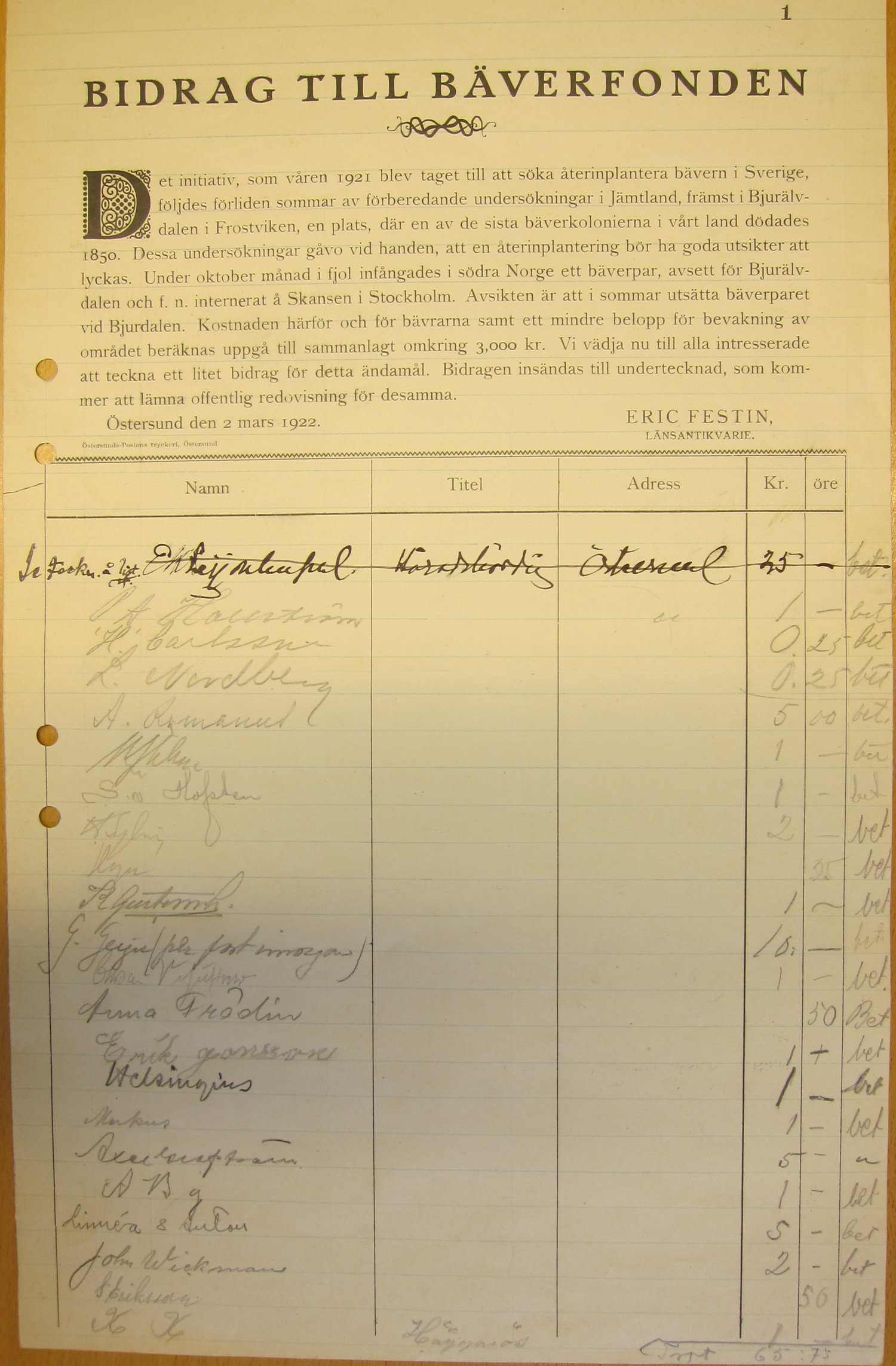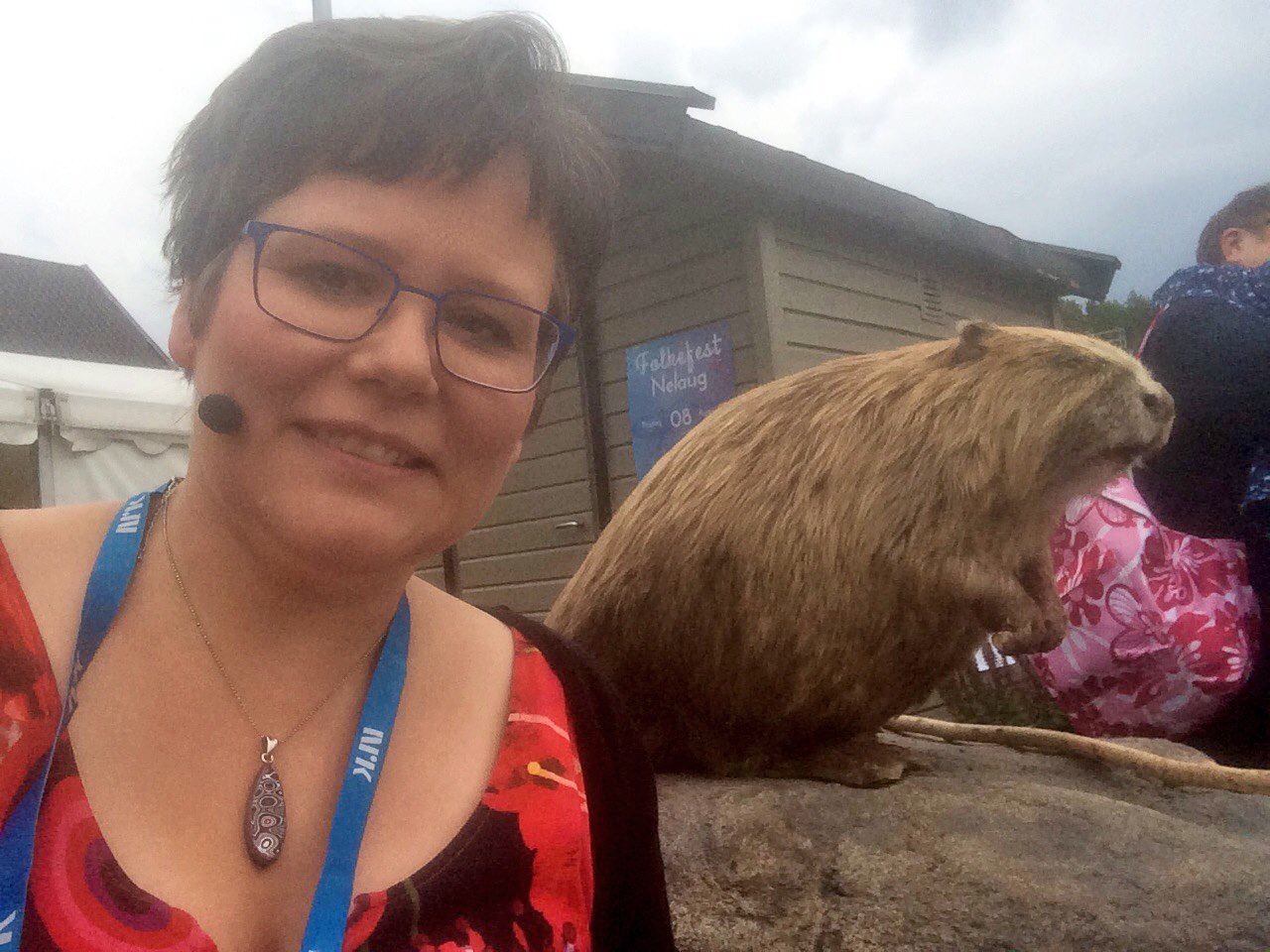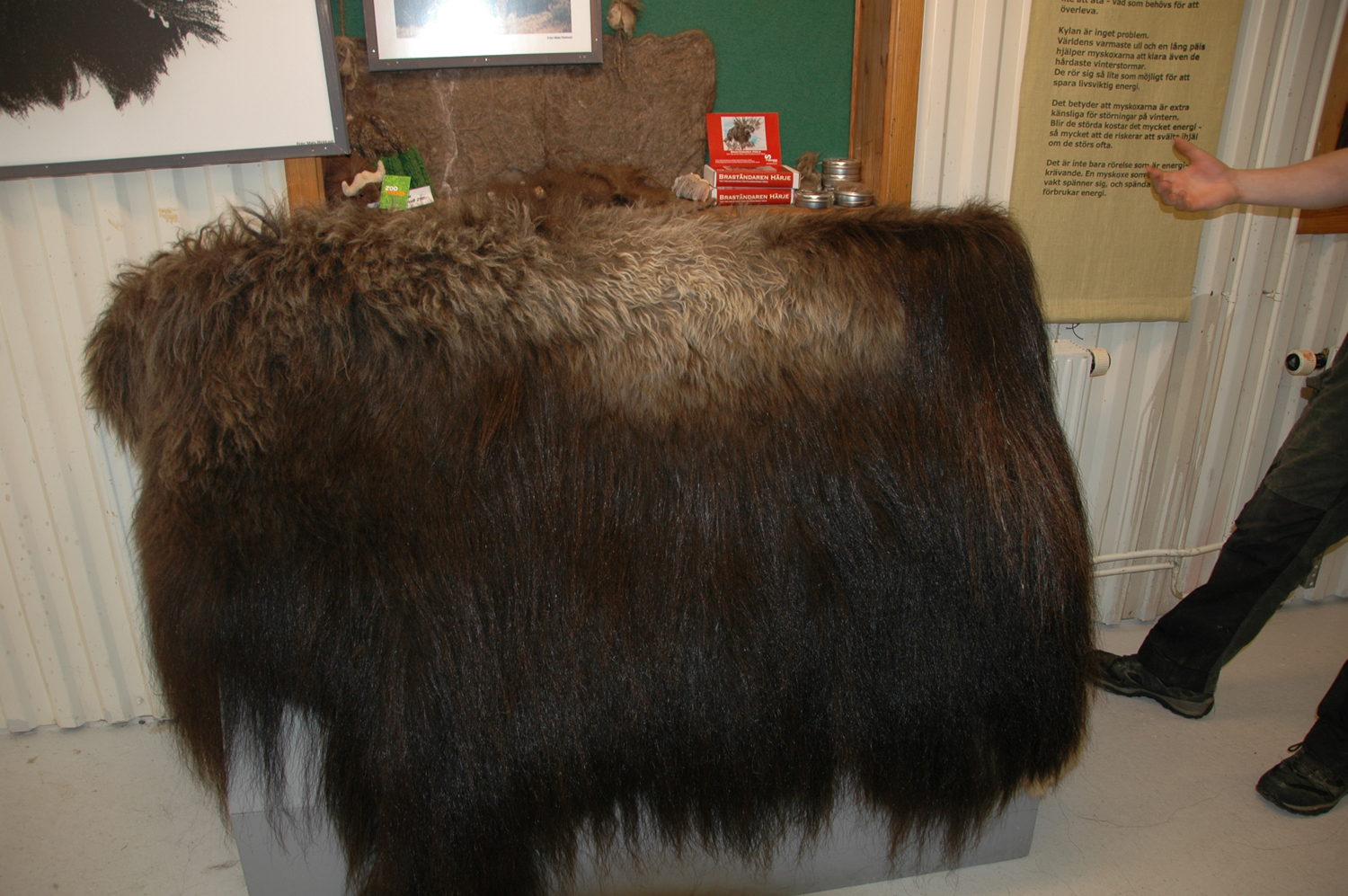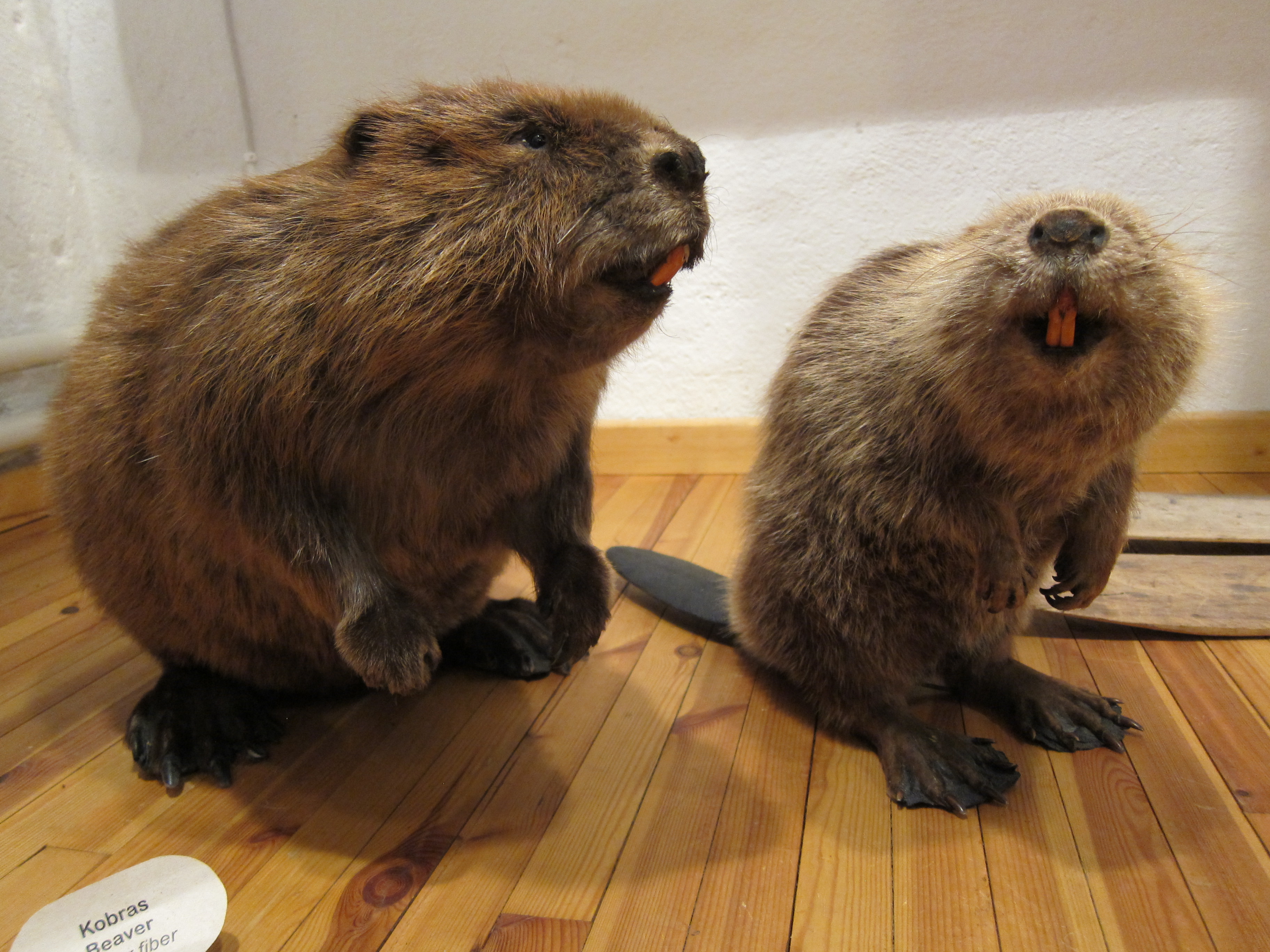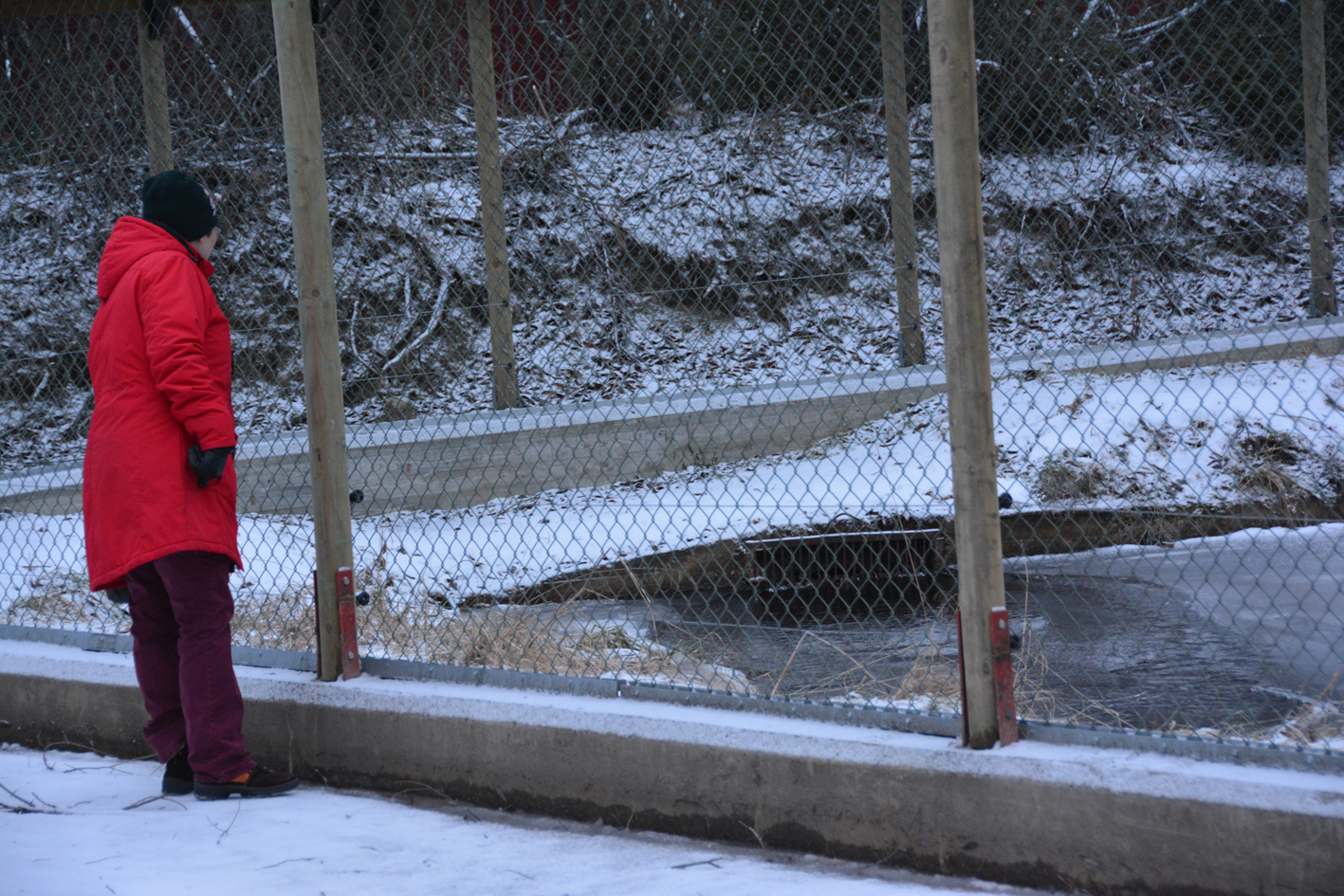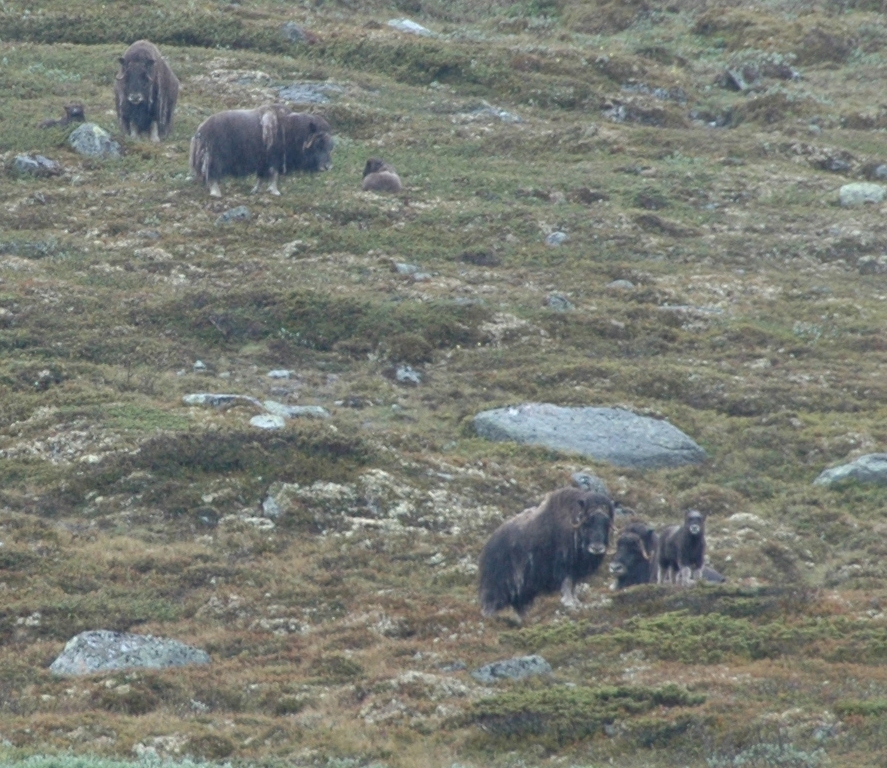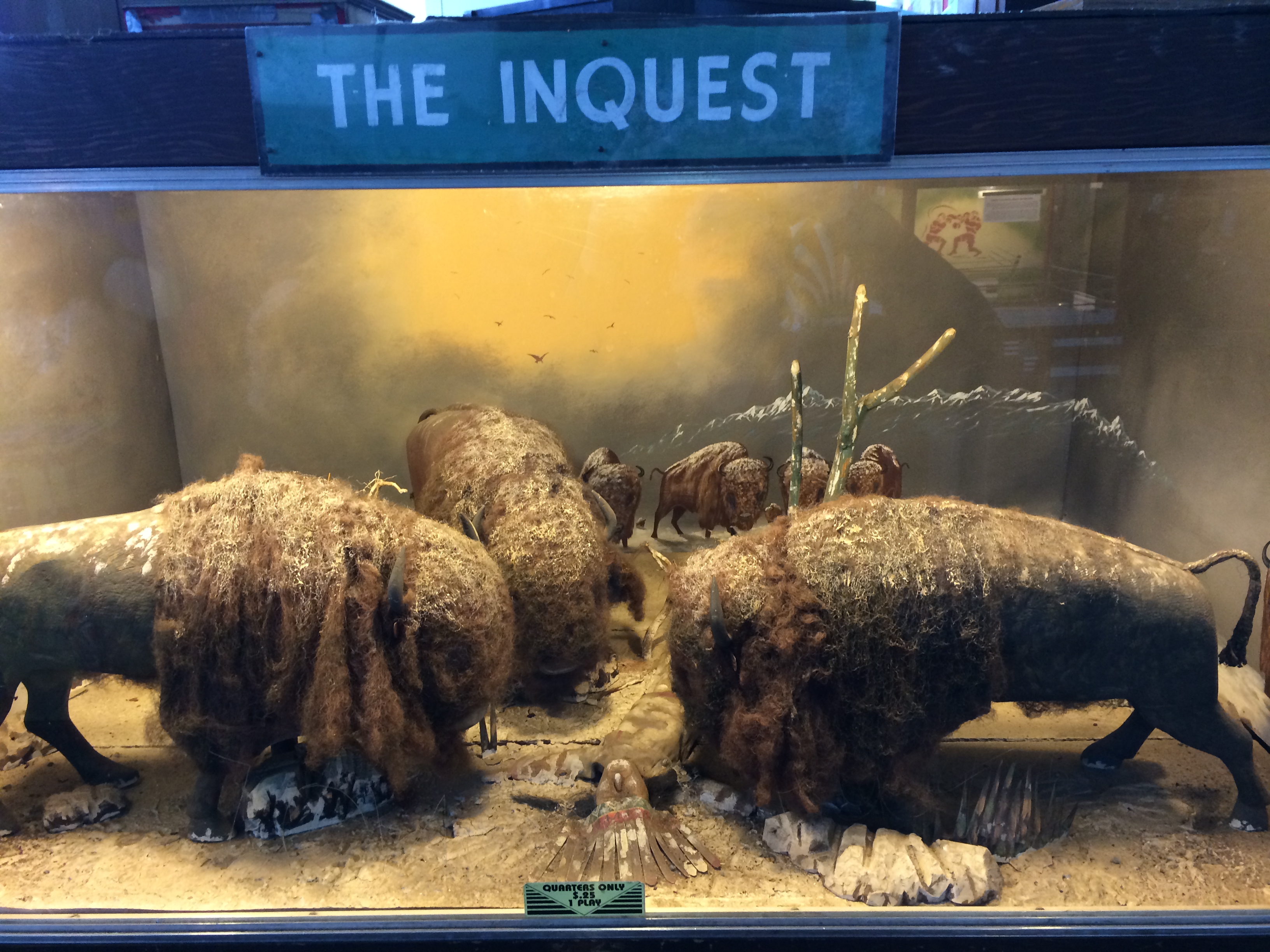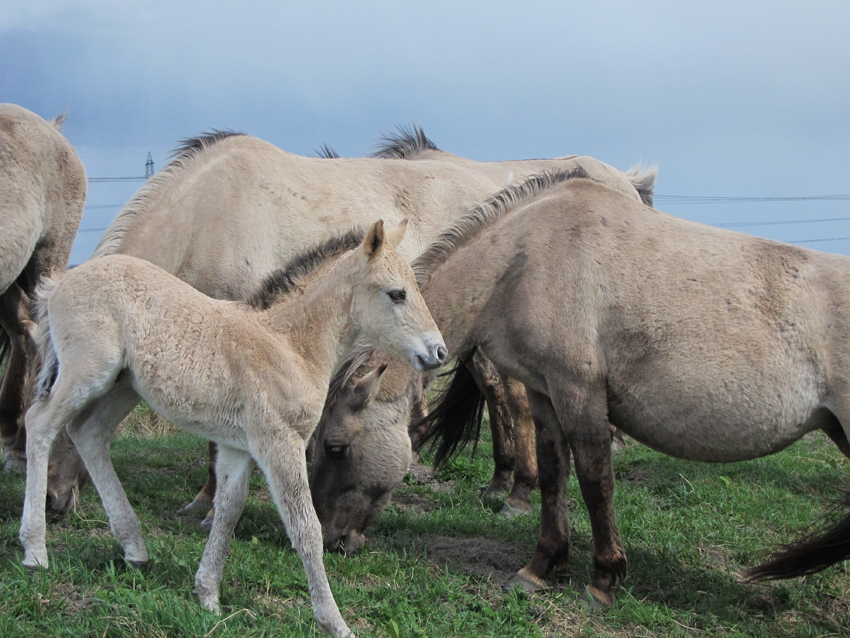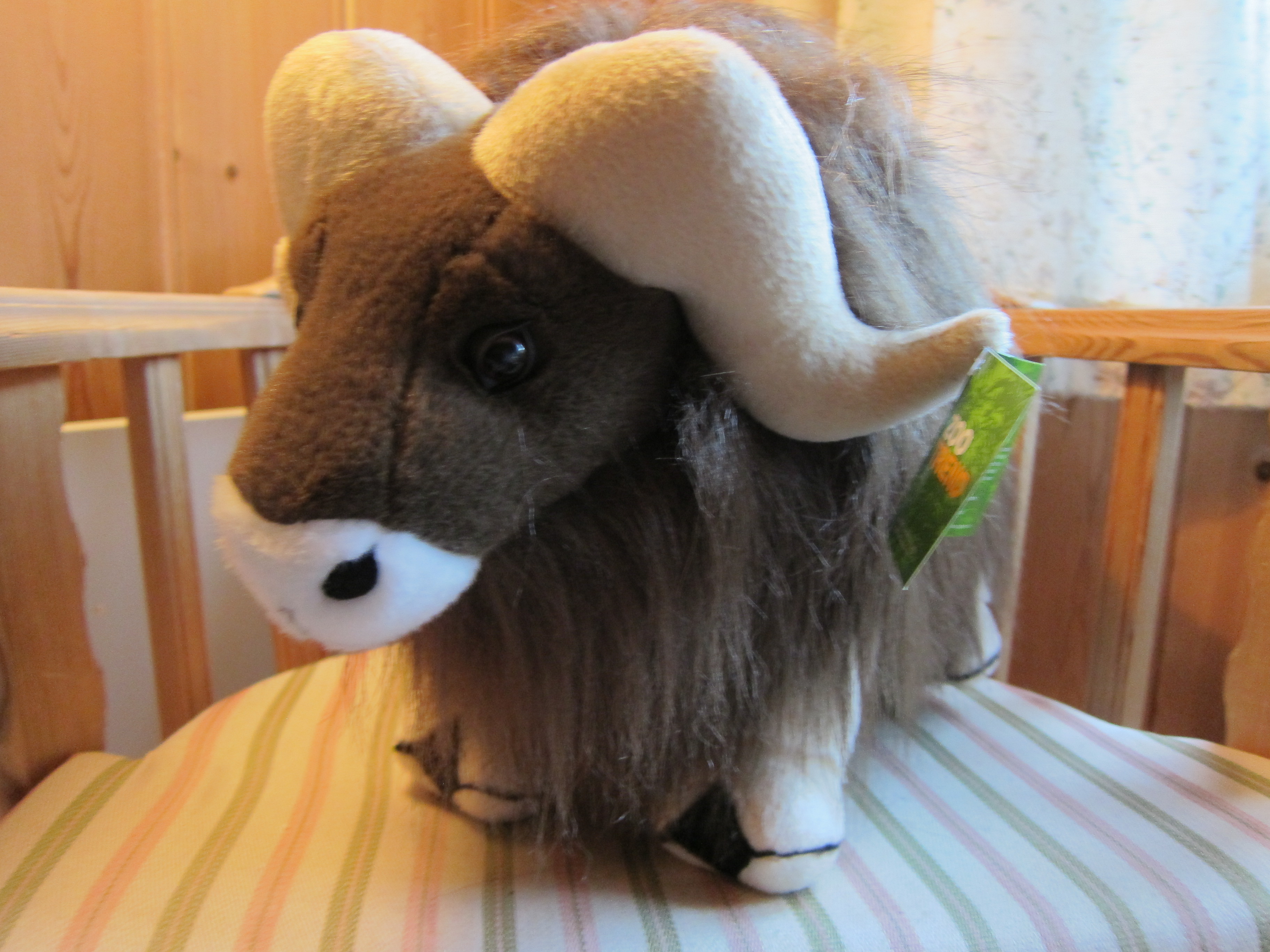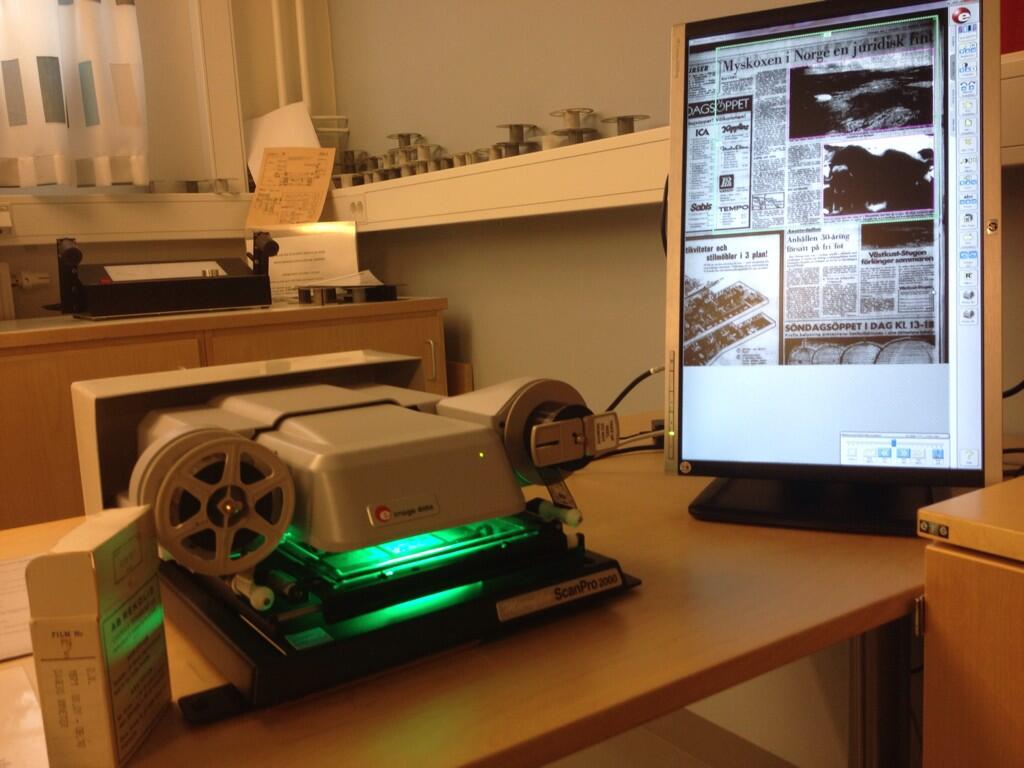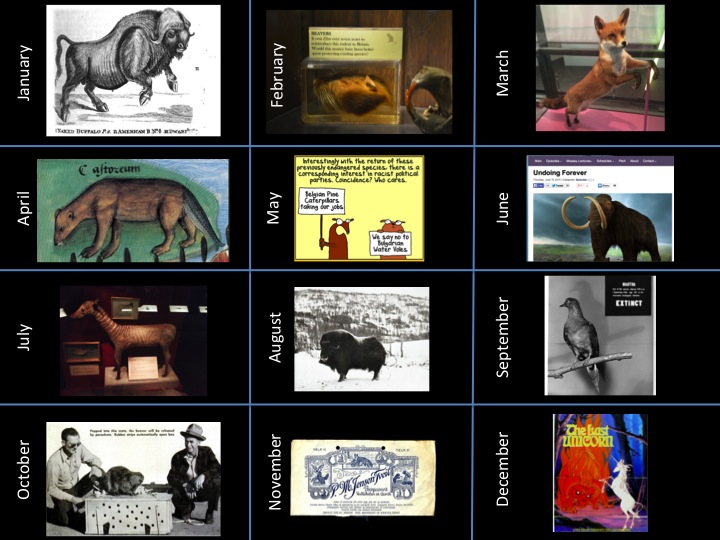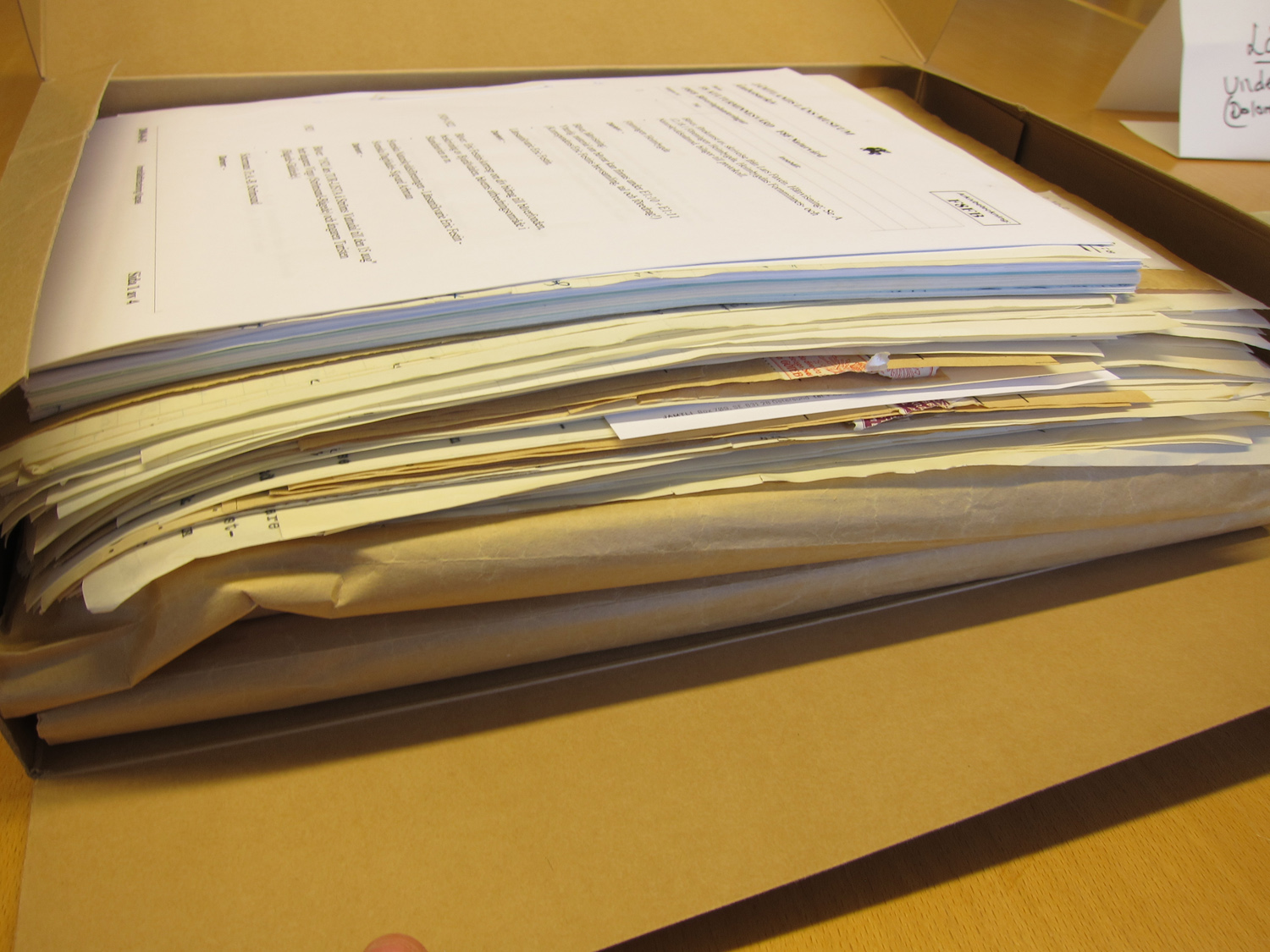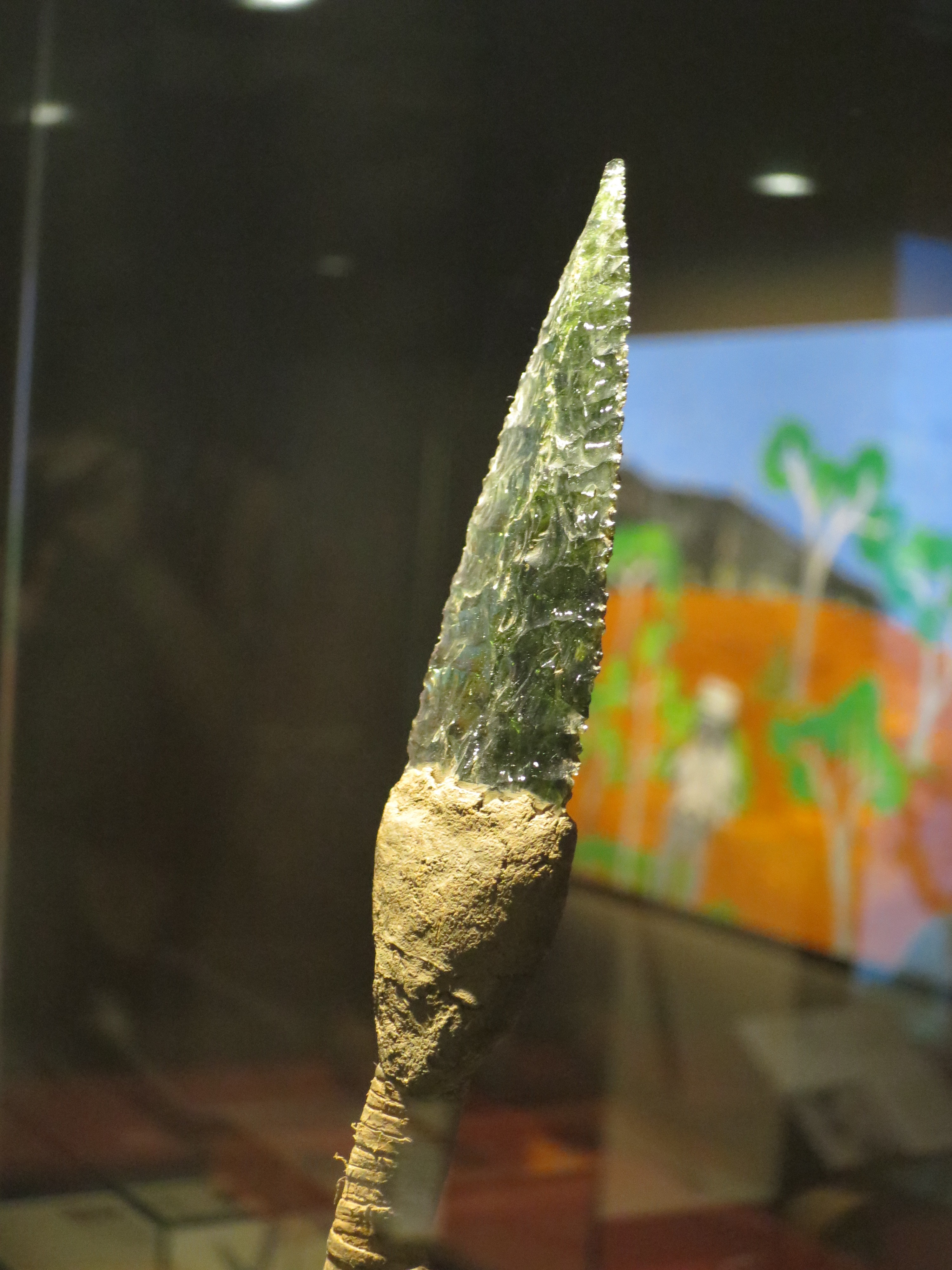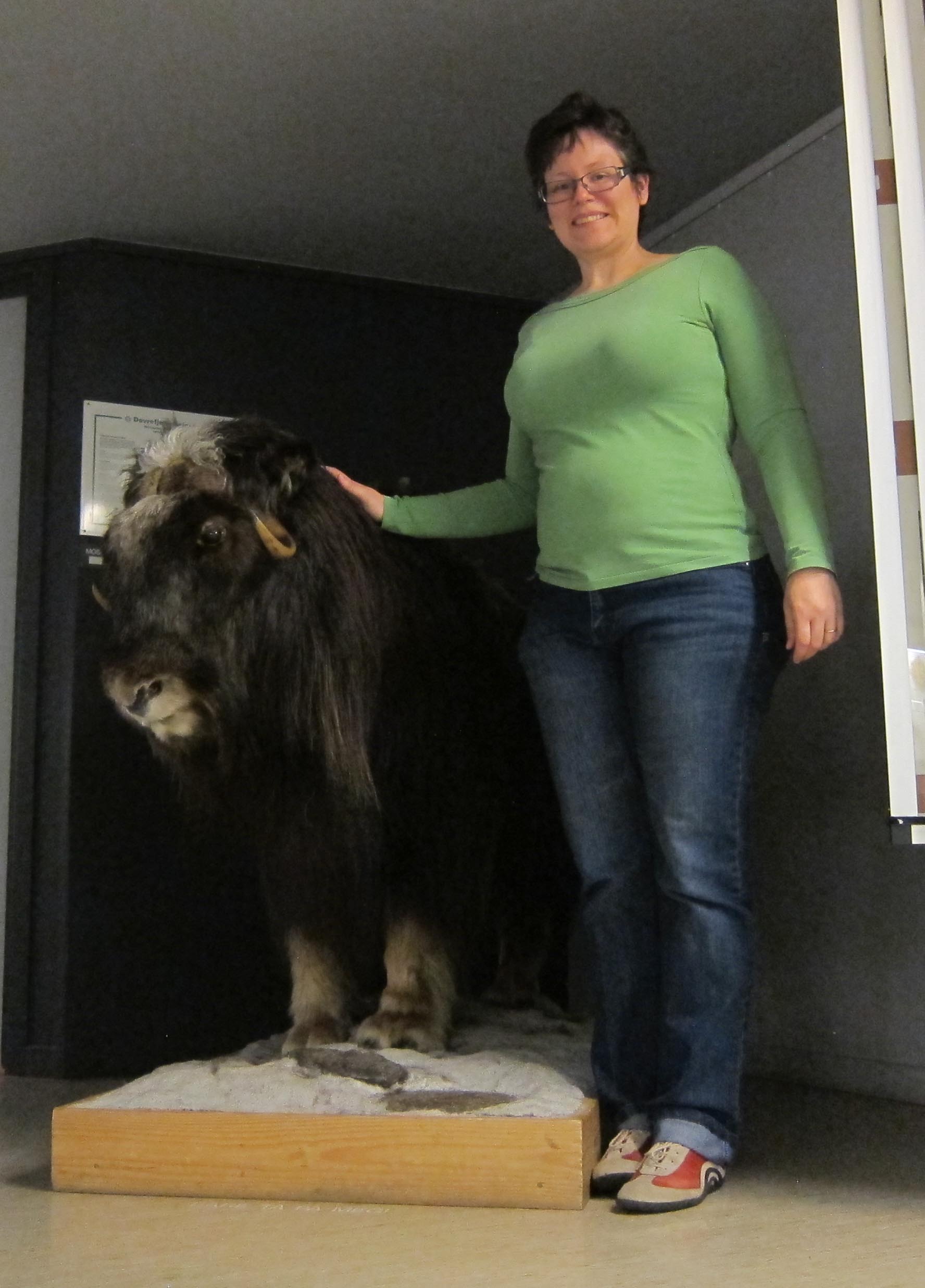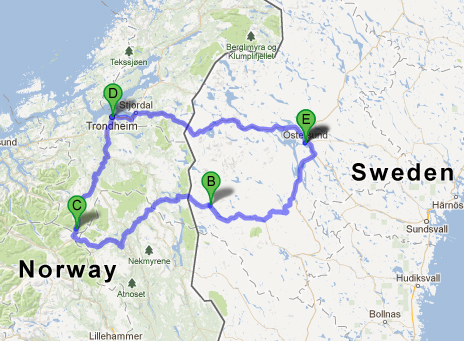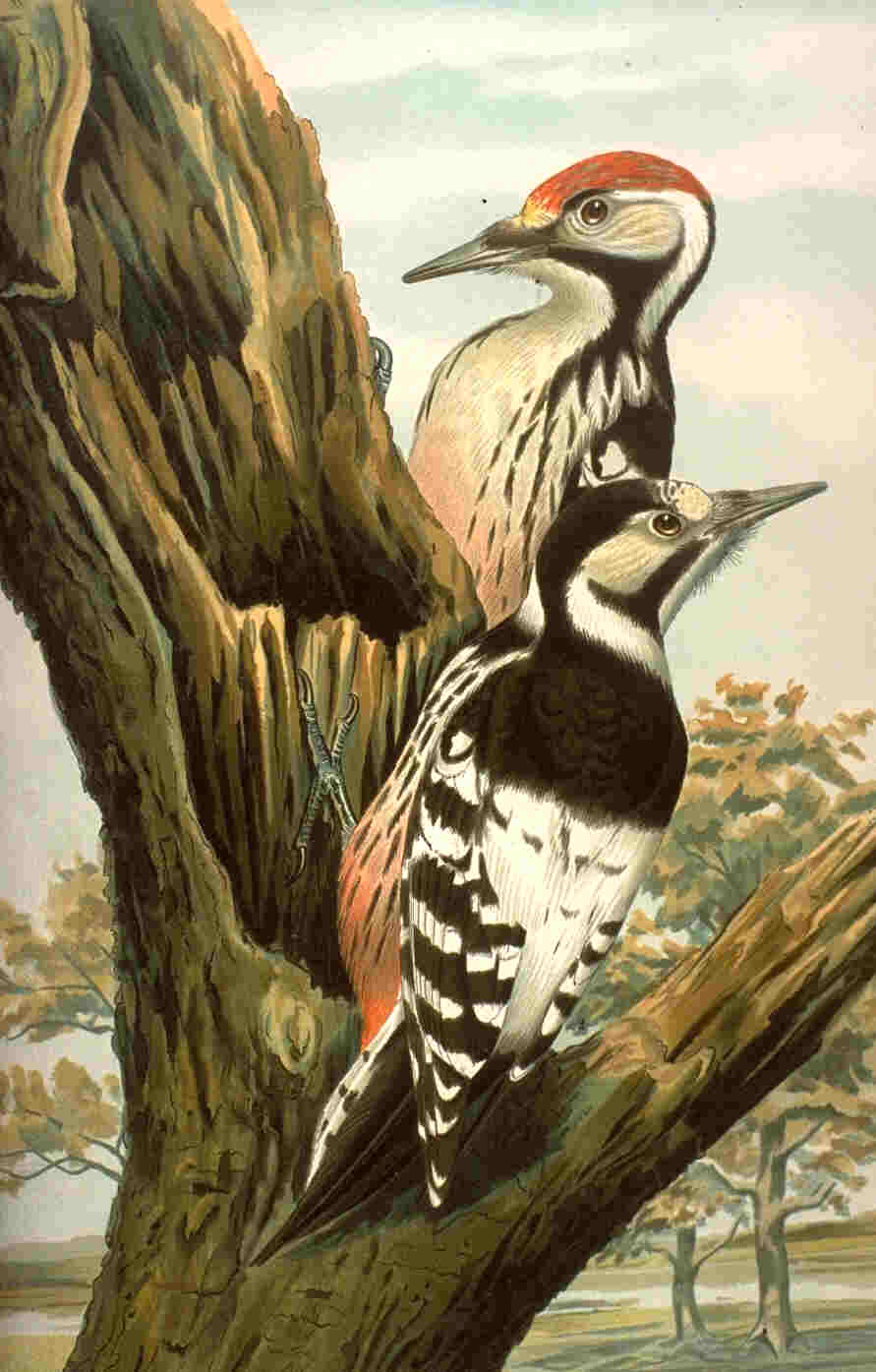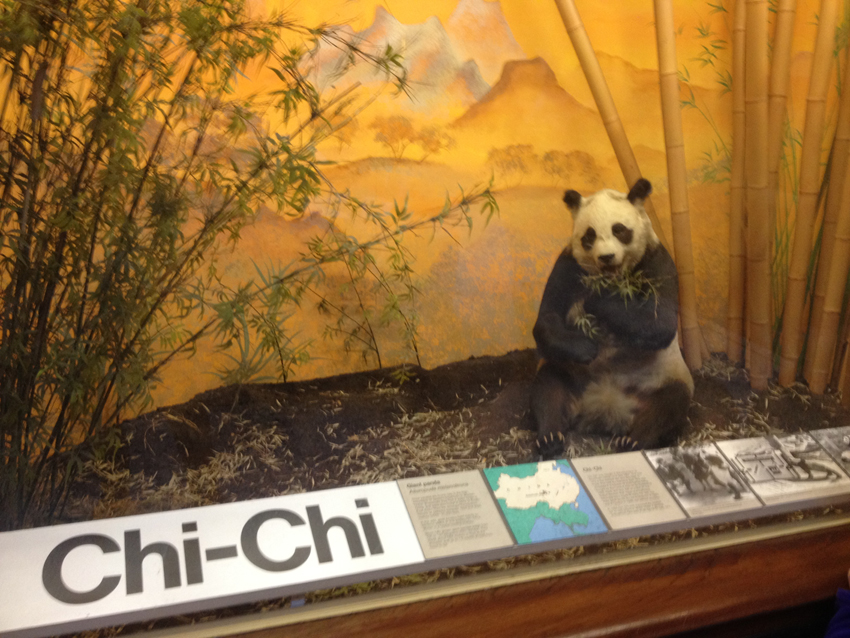field visits
-
Reflections on rewilding
I have recorded a new podcast with Jan Oosthoek at Environmental History Resources called “Desire for the Wild – Wild Desires? The Trouble with Rewilding”. In the podcast, I offer some reflections about a workshop I attended back in the spring at Cambridge and Wicken Fen in England. Paul Warde wrote up his own thoughts about the workshop for the project’s blog immediately afterward, so this was my chance to follow suit. During the workshop, I posted about the grazing animals being used to “rewild” Wicken Fen and questioned their “wildness”. My concern is not with the use of ponies or cattle to manage vegetation at Wicken Fen, it is…
-
On the time I drank castoreum
Not every historical subject offers the opportunity for a full body experience. My research on beavers, however, does. Four days ago, I had the chance to drink castoreum (bävergäll in Swedish) liquor. This traditional hunter’s schnapps sold as the brand BVR HJT (pronounced as the word bäverhojt, meaning “beaver shout”) is alcohol infused with castoreum musk from beaver. The first flavour was similar to oak-cured whiskey, but then the musk comes out. It’s a hard-to-describe taste, but I imagine that it’s what traditional male musky cologne would taste like. It was not particularly strong, however, so it seemed pleasant enough to consume most of the shot. An hour later, however, I had…
-
A sensory tourist experience
Last week I got to experience a contemporary side of animal reintroduction – it’s place in the tourism industry. For the muskox, nature tourism would seem a natural fit. After all, there are no other places in Europe to see wild muskox than the Norwegian and Swedish mountains. For the beaver, I was a little more skeptical about how tourism would work since beavers are not particularly large and for the most part noctural. I had expected the muskox safari to be similar to the safari I went on in Kruger National Park or the whale safaris I’ve been on in Hawaii and Norway. In those experiences, the guide talked about…
-
Why we need history
There has been a lot of discussion globally as of late about why we need the humanities, most recently in connection with the release of The Heart of the Matter report by the Commission on the Humanities and Social Sciences in the US. I’ve seen commentaries arguing that the humanities make literate citizens that are creative and communicative or that they stress uncertainty, balancing the approach of the hard sciences. These are all perfectly fine and true reasons for studying humanistic disciplines. But when it comes to my field, I want to say that we need history because we tend to forget. Yesterday on my 4-hour tour to see the wild muskox of…
-
Muskox mascots
In the main tourist shop in Dombås, which had a huge number of buses filled with foreign tourists stopped there, there were souvenirs with Norwegian flags and trolls and lots and lots of moose. Moose were everywhere on the souvenirs. I guess when people think of Norway, they think of moose. I didn’t see a single muskox. Yet in the last two days, I have been overloaded with muskox. They sternly look out from signs, brochures, and posters. Their likenesses ae captured as paperweights, children’s toys, and even fire starters. There are very expensive muskox wool knitted hats and mittens and sweaters. The muskox mania was visible both in Härjedalen…
-
Decisions, decisions
I finished up my archival work in Östersund, so I wanted to reflect on that process. Being a historian is part detective, tracking down sources that illuminate the past, and part waste handler, sorting through junk to find something usable. When I worked on medieval history, I had to use every little scrap of evidence I could find to understand the whole picture of what was going on. But when I moved over to modern history, I was flooded with sources. There were newspaper accounts, popular magazines, scientific journals, interviews with live people (shocking for a previous medieval historian), personal letters, court documents, legislative files, and so on. These have…
-
Road trip!
I’ll be headed out on a research road trip in two days. I’ll be working on both of my main reintroduction cases: beaver and muskox. First stop will be the archive at Jamtli in Östersund. The first beaver reintroduction project was spearheaded by Eric Festin who was the director of the museum, so there should be lots of interesting documents about the beaver’s return. I’ll be there for 3 days. Then I’ll be driving to Funäsdalen where I will tour the Myskoxcentrum and see the Fjällmuseet. After that, I head to Norway where I will check out the presentation of muskox for tourists in Dombås (the gateway to Dovrefjell) and…
-
If a woodpecker could peck wood
As part of our RESTORE team meeting today, we had an excursion to two restoration and release sites for the white-backed woodpecker (Dendrocopos leucotos) about an hour’s drive north of Uppsala, Sweden. We were led on the tour by Kristoffer Stighäll, who works for Naturskyddsförening (Swedish Society for Nature Conservation) on the white-backed woodpecker conservation project. The project has two components working in tandem. One is to restore the forest structure from a spruce-dominated relatively-closed forest to a more open deciduous (aspen, birch, lindon, etc) tree forest with lots of dead wood. This restoration work consists of taking out spruce trees (which are being sold as timber) and killing some deciduous…
-
Wild Again?
I previously wrote about the word reintroduction and how the prefix ‘re’, which usually means ‘again’, is not working like that in this word. The species being reintroduced was not introduced and then being introduced again; such a situation would be contrary to many people’s fundamental understanding of reintroduction as only applying to species that got to where they are by themselves in the past. This week, I’m at a workshop about ‘rewilding’ at Cambridge. It’s another case of a ‘re’ word, so the question is: Is ‘rewilding’ really bringing back a wild that had been there in the past? I went on a site visit as part of the…
